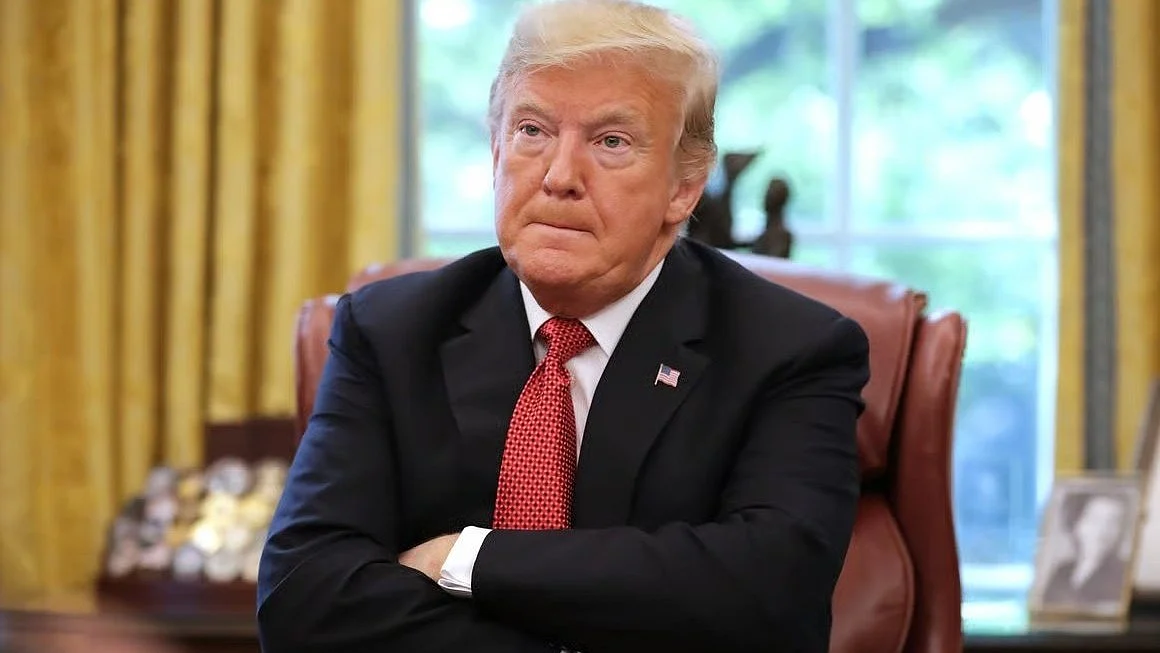World
Trump cites security threat to US, doubles tariffs on steel, aluminium imports
New development has potential to impact trade volumes from India and cast a shadow on ongoing bilateral commercial dialogue

In a move aimed at bolstering domestic industry and addressing ongoing trade imbalances, US President Donald Trump signed a proclamation doubling tariffs on steel and aluminium imports to 50 per cent ad valorem, effective 4 June.
The proclamation, signed on 3 June, follows updated findings from the US Department of Commerce, which determined that excessive imports of these materials continue to threaten national security by undermining the health of the American steel and aluminium industries.
“The increased tariffs will more effectively counter foreign countries that continue to offload low-priced, excess steel and aluminium in the US market,” Trump stated in the proclamation. The move is expected to strengthen price support, enhance domestic production capacity, and safeguard US defence needs.
Foreign-made steel and aluminium is used in US in household products like soup cans and paper clips as well as big-ticket items like a stainless-steel refrigerators and cars. Economists warn that the latest tariffs will significantly squeeze the wallets of both companies and shoppers alike.
The aluminium and metal tariffs also carry wider implications for construction and transportation as a whole, as many key building parts and materials are made with these metals. Economists further warn of spillover impacts.
Published: undefined
Even if a product isn't directly packaged in steel or aluminium, there could be higher costs to build the shelf it's sold on, for example, or truck used to transport it to the store. And all of that could trickle down to the consumer down the road.
The President’s latest action modifies earlier proclamations—most notably Proclamations 9704 and 9705 from 2018—and replaces previous tariffs of 25 per cent with a new 50 per cent rate. It also updates implementation procedures, including amendments to Executive Order 14289, and enforces stricter import reporting and compliance standards. Importers misreporting steel and aluminium content could face severe penalties, including criminal charges.
Exception for the UK
The United Kingdom is temporarily exempt from the increased tariffs, maintaining a 25 per cent rate under the recently signed US-UK Economic Prosperity Deal. However, that exemption could be rescinded if the UK fails to comply with the agreement's terms by 9 July 2025.
Customs and Border Protection (CBP) and other agencies have been directed to enforce the new tariffs and provide implementation guidelines. No drawback claims will be allowed on duties paid under this proclamation.
Impact on India
India, which exported approximately 100,000 metric tons of steel to the United States in FY 2023-24—a small fraction of its total production of 145 million metric tons—will now face the full 50 per cent ad valorem tariff on its steel and aluminium shipments. This development could potentially impact trade volumes and ongoing bilateral commercial dialogue.
Earlier this year, the Indian Steel Association (ISA) warned that an 85 per cent drop in steel exports to the US could lead to oversupply in the domestic market, affecting prices. However, in March 2025, Steel Secretary Sandeep Poundrik stated that the impact of US tariffs on India’s steel sector would be minimal due to strong domestic demand .
India's steelmakers are reportedly shifting their attention to other international markets, particularly Europe and the Middle East, to counter any anticipated losses caused by the US trade restrictions.
With PTI inputs
(Courtesy: 5wh.com)
Published: undefined
Follow us on: Facebook, Twitter, Google News, Instagram
Join our official telegram channel (@nationalherald) and stay updated with the latest headlines
Published: undefined